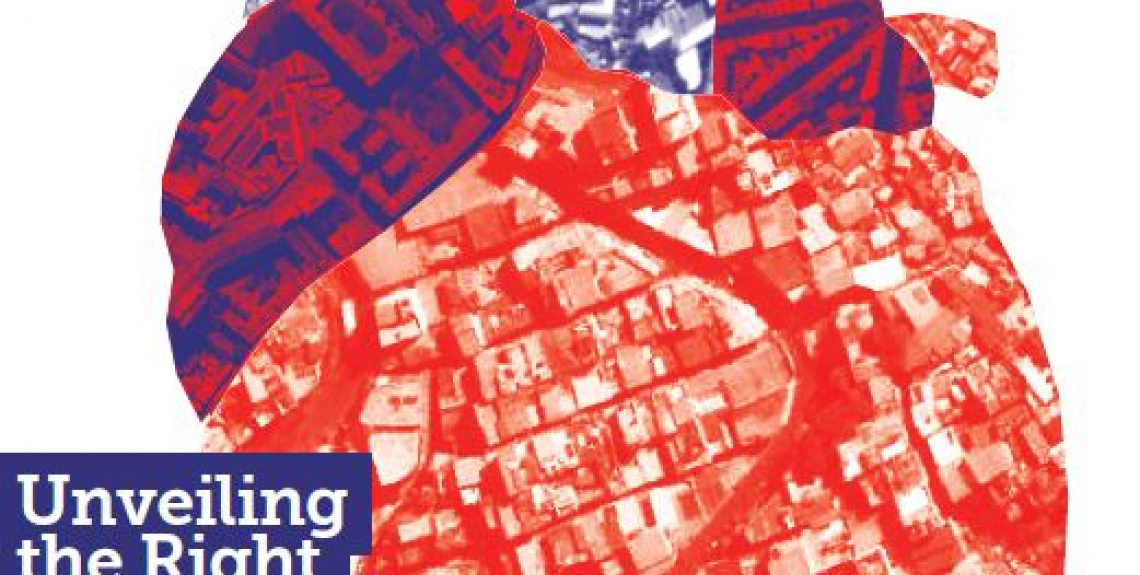To give back to the “right to the city” concept its emancipatory power: this is the main goal of the collective work Unveiling the right to the city. Representations, Uses and Instrumentalization of the Right to the City. This publication is both a conceptual and operative analysis of the emerging local and international alternatives aiming at rendering rights effective.
The right to the city concept has seen a large number of setbacks, back and forths, interpretations and has been given different meanings. Many different agents have claimed the right to the city, from Nanterre University back in the 60’s to the favelas of Rio, the German self-governed groups or even the UN-Habitat.
It is surely of interest to liven up the debate on a concept. Nothing is more point- less than having some principles stated in a book with no practical application of them. Naturally, very often the implementation stage generates disagreements. It is useless for some social movements and inevitable for some others, while some people do not use the term but concretely apply its components. Some, however, use the concept in order to alter the emancipatory potential Henri Lefebvre had thought out.
Against the potential instrumentalization of the right to the city, it is urgent to re-politicize this concept to concretize it into real alternatives to the competitive city. It constitutes a heterogeneous struggle involving social movements and local powers in Europe, North America or Latin America.
How can we clarify it? How can we understand what the operators claiming the right to the city actually want? And, how do we connect activists, researchers and local authorities who, without talking about it directly, try to achieve this essential utopia, the right to the city? This publication is a result of all of these questions.
The publication is accessible here.
Source: Observatorio DESC and Habitat international Coalition


